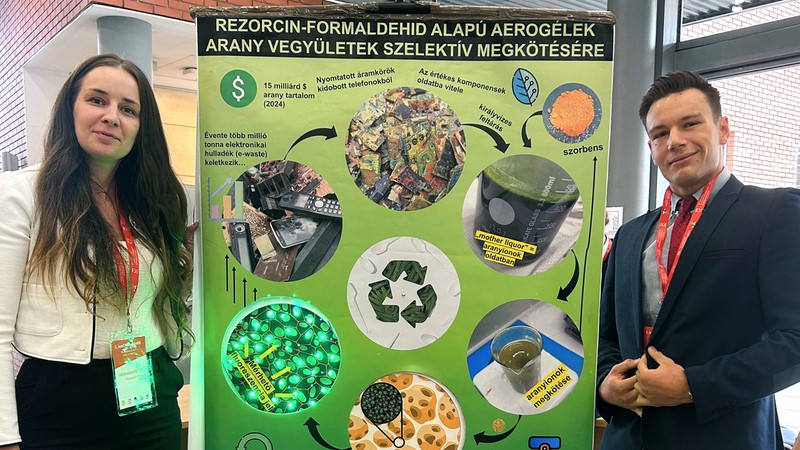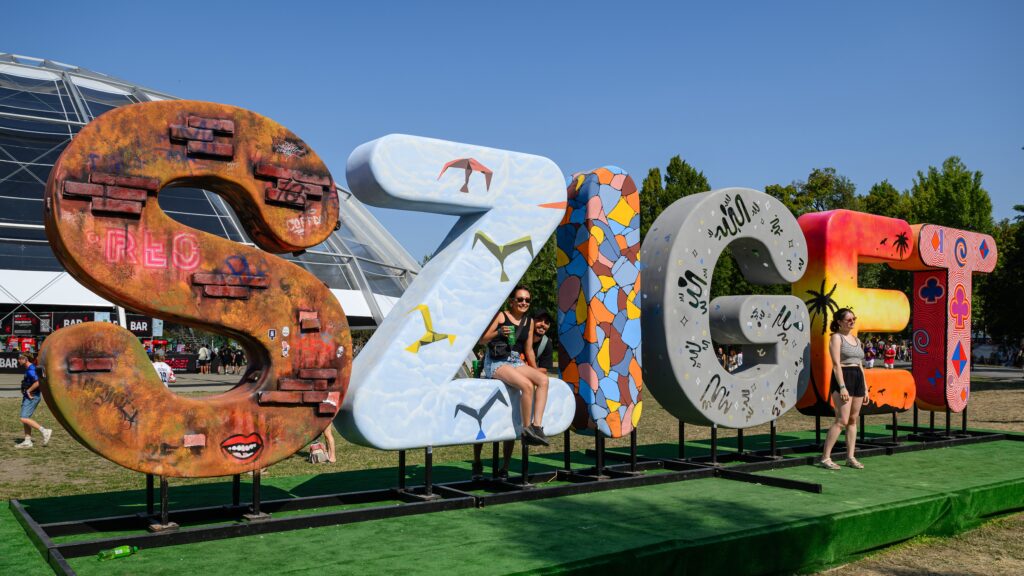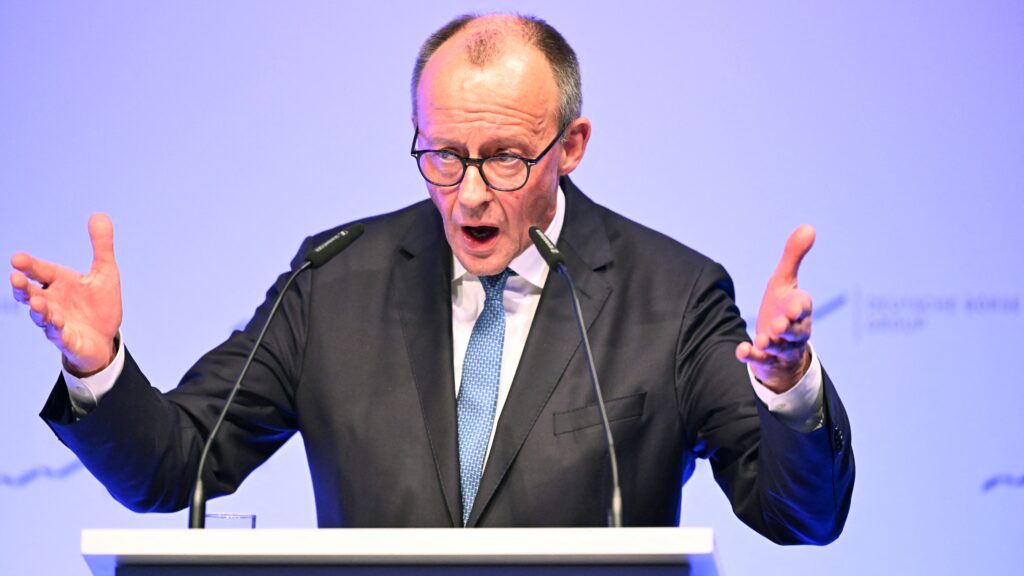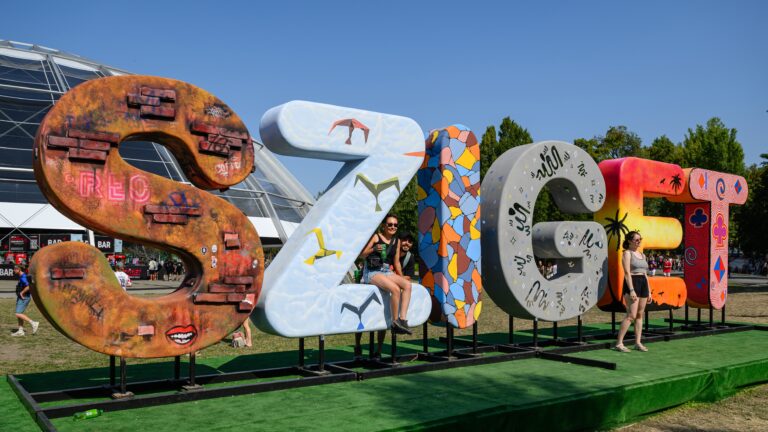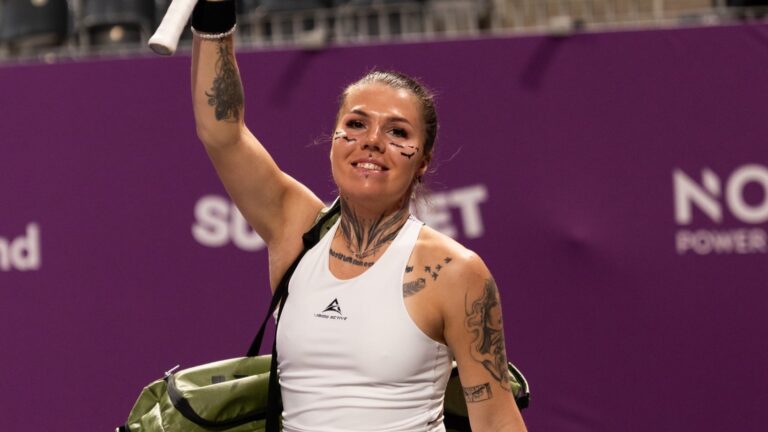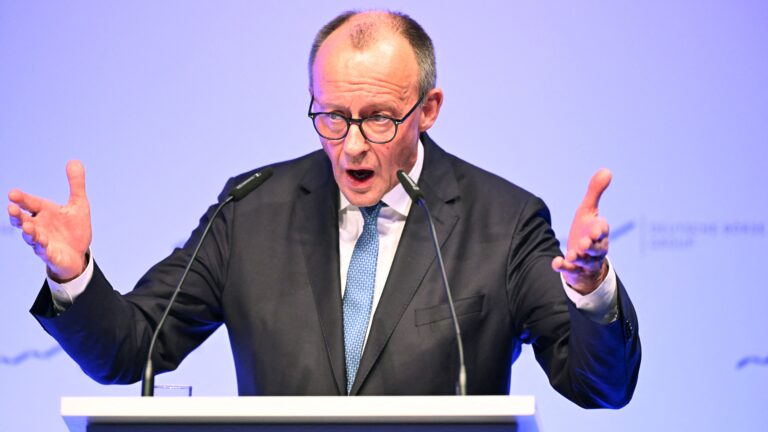Young scientists at the University of Debrecen have developed a new aerogel that can recover gold from electronic waste more efficiently and sustainably than existing methods. The discovery, now undergoing patenting, earned the project the Grand Prize at the first innOTDK innovation competition.
Balázs József Bukta, a master’s student in chemical engineering at the university’s Faculty of Science and Technology, has been working on the project for two years as part of the Aerogel Research Group within the Institute of Chemistry. According to the university’s Technology Transfer Center, the results were strong enough to file a patent application.
‘Previous technologies could already extract gold from e-waste, but our method captures significantly more precious metal, and does so cheaply and in an environmentally friendly way,’ Bukta said, who developed the idea together with his supervisor, Petra Herman.
‘Previous technologies could already extract gold from e-waste, but our method captures significantly more precious metal, and does so cheaply and in an environmentally friendly way’
Herman emphasized Bukta’s dedication: ‘He carried out every experiment himself, requiring only minimal guidance to arrive at a solution that is both highly innovative and sustainable.’
The project, titled ‘Resorcinol-formaldehyde-based aerogels for selective binding of gold compounds’, first earned a special prize at the 37th National Scientific Students’ Associations Conference (OTDK) in April. It then advanced to the new innOTDK programme, established to support research with strong innovation and practical impact.
Out of 80 submissions, 28 reached the finals, and nine of those ultimately competed for the top awards. The jury noted that the selected projects demonstrated outstanding scientific quality and strong potential for real-world application.
‘These achievements show that our faculty has successfully strengthened an application-focused approach alongside our traditionally high-level basic research,’ Dean of the Faculty of Science and Technology Ferenc Kun said. ‘It is encouraging to see young researchers not only excel academically but also look toward industrial and societal benefits.’
Though already lab-proven, the work is far from finished. Bukta is preparing for international collaboration to explore the industrial-scale application of the technology. He also plans to develop new aerogels capable of extracting valuable rare earth metals from other types of waste.
Related articles:

